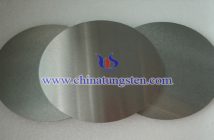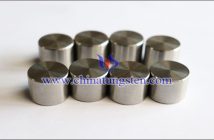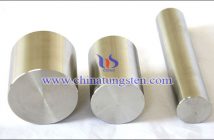Tungsten Alloy is an alloy with tungsten as the main element and added with Ni、Cu、Co、Mo、Cr and other elements. It has a series of excellent characteristics: the density is as high as 16.5-19.0 g/cm3; The specific gravity is 16.5-18.75 g/cm3. The tensile strength is 700-1000 MPa. Strong ability to absorb rays, 30-40% higher than lead; The thermal conductivity is 5 times that of die steel. The coefficient of thermal expansion is small, only 1/3-1/2 of iron or steel; Good weld ability and mach inability.
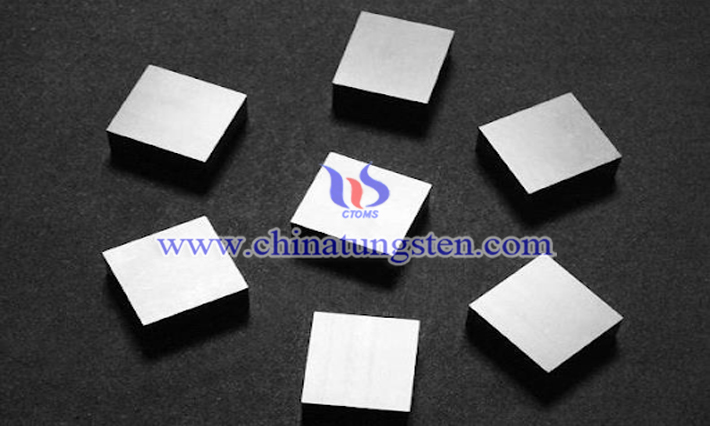
Tungsten Alloys can be divided into molybdenum-tungsten alloys, niobium-tungsten alloys, hard alloys, etc.Different species have different characteristics.
Mo-W Alloy
The alloy containing molybdenum and tungsten includes molybdenum-based molybdenum-tungsten alloy and tungsten-molybdenum alloy series based on tungsten. The alloy can be formed in any proportion and is a complete solid solution alloy at all temperatures.
When Mo-W alloy is used as electrode, runner and thimble in the production of refractory ceramic fiber with high melting point, its service life is longer than that of pure metal molybdenum products. Compared with pure molybdenum, it has higher corrosion resistance to zinc liquid, and is mostly used in zinc liquid temperature measuring tube, zinc liquid pump rotor and some corrosion resistant parts of zinc smelting furnace. In addition, because of its high melting point, good ablation resistance and flame erosion resistance of solid particles, it can also be used for gas rudder and guard plate of solid rocket motor.
Nb-W Alloy
Molybdenum-niobium alloy formed by adding a certain amount of tungsten and other elements based on niobium. Tungsten and niobium form infinite solid solution. Tungsten is an effective strengthening element of niobium, but with the increase of tungsten content, the plasticity-ductile-brittle transition temperature of the alloy will increase and the grain size will grow significantly. Therefore, in order to obtain high strength Nb-W alloy, it is necessary to properly control the addition amount of tungsten, and at the same time, it is necessary to add some elements such as zirconium and hafnium that refine grain and reduce plasticity-ductile-brittle transition temperature.
Nb-W alloy has high temperature resistance, high strength and good plasticity, and can be made into various processed materials and parts. It is mainly used for space shuttle skin, nuclear reactor engineering, jet engine parts, heat radiation screen and conduit of space power generation system, etc.
Cemented Carbide
Tungsten is the most common and main alloy form-cemented carbide, which is different from the previous tungsten alloys in that it is tungsten, carbon and cobalt, so it is often called tungsten-cobalt alloy. It has a series of excellent properties such as high hardness, strength, wear resistance, high temperature resistance and toughness, especially its high hardness and wear resistance, which remain basically unchanged even at 500℃, and still have high hardness at 1000℃. At present, the most widely used tools in the industrial field are basically carbide tools, such as turning tools, milling cutters, planing tools, drill bits, boring tools, etc., which are used for cutting cast iron, non-ferrous metals, plastics, chemical fibers, graphite, glass, stone and common steel, and can also be used for cutting refractory steel, stainless steel, high manganese steel, tool steel and other difficult-to-machine materials. So cemented carbide, a tungsten alloy, is also called "industrial teeth".
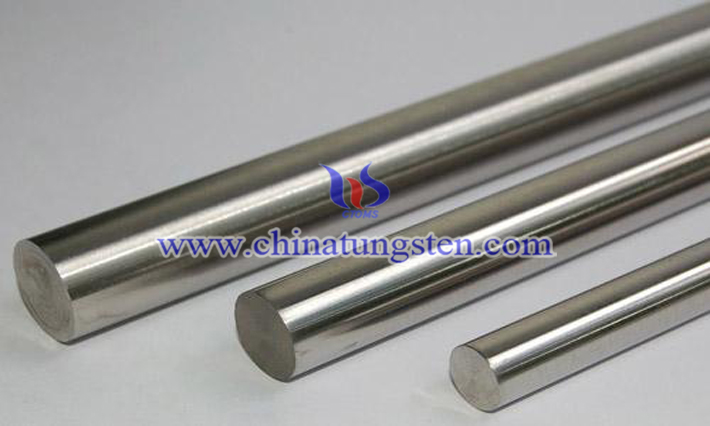
It can be seen that tungsten alloy is a high-quality metal material with various types and wide applications, and has a good development prospect.

